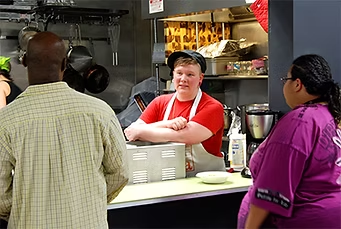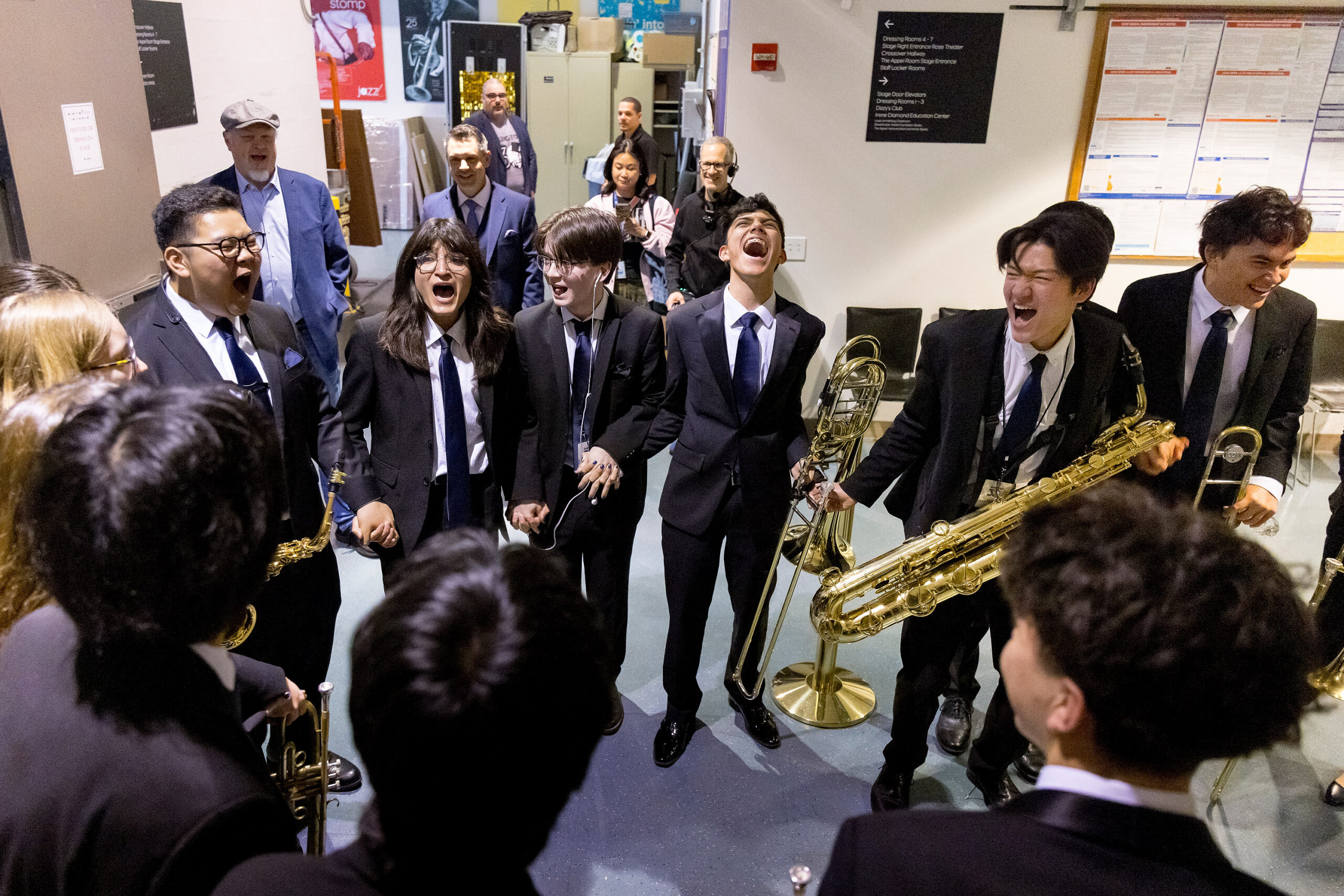The Power of the Personal Series: Ideas and Inspiration from a Boutique DAF Sponsor
By Sam Marks
As tidying guru Marie Kondo is fond of saying, “Letting go is even more important than adding.” While Ms. Kondo generally refers to purging overfilled closets of possessions that no longer “spark joy,” the same principle may apply to those looking to simplify estates or assets through philanthropy.
As a boutique sponsor of donor-advised funds (DAFs), FJC has worked with a number of donors that have sought not just to simplify, but also transform their non-cash assets into a philanthropic resource for good in the world.
How We’ve Made a Difference
Most people think of DAFs as simple, efficient, and cost-effective investment accounts that provide savvy philanthropists — of all sizes — with a way to support their favorite charities. Donations to DAF accounts are tax-deductible, and the proceeds can be invested to grow tax-free to maximize a donor’s giving capacity. But when donors and DAF sponsors bring all their creativity to the table, the benefits of a DAF can go beyond simple and efficient.
One of our favorite examples of creative giving comes from Georgette Bennett and Leonard Polonsky, who worked with FJC to transform a vacation home in Aspen, Colorado, into a portion of their $12 million grant to the New York Public Library. The family donated the Aspen property to FJC, which then sold the real estate, generating the proceeds that covered a portion of the grant. The grant to the library supported the creation of Polonsky Treasures Exhibition, a permanent display of rotating items from its extensive research collections, including an original copy of the Declaration of Independence, Christopher Columbus’s letter to King Ferdinand II advising him of his discovery in the New World, the Gutenberg Bible, and original sheet music from Beethoven and Mozart. The opening of the exhibition, “A Cabinet of Wonders,” was covered last year in The New York Times.
At FJC, our imaginative donors have contributed all kinds of assets: limited partnership interests in private companies and even illiquid or lightly traded stocks in advance of a liquidity event like an initial public offering. We have also received cryptocurrency. In these cases, donors eliminated the capital gains taxes they would have paid on these assets (increasing their charitable giving) and received a tax deduction for the fair market value of the assets.
Important Considerations When Contributing Illiquid Assets to a DAF
Since FJC does not give tax advice, we encourage you to work with your estate planner, tax attorney, or someone with expertise related to your particular situation. Second homes or investment properties that have appreciated in value may be great candidates for gifting to a DAF, particularly if the owner has benefitted from depreciation deductions. Other assets aren’t so simple. For example, gifts of art or other types of tangible personal property are governed by IRS rules regarding the amount of the deduction. Gifts of closely held stock need documented valuation, particularly if the corporation intends to repurchase the shares from FJC as part of the family’s estate and succession planning.
Keep in mind that when providing a tax receipt for an illiquid asset, FJC will simply describe the asset; it will be up to you as the donor to provide a Form 8283 to the IRS for tax deductibility purposes. Also, don’t wait until New Year’s Eve to reach out to us—these donations may be a bit complex and require some lead time (the donations mentioned above required the approval of certain committees of our Board of Directors, whose role is to ensure that we are in compliance with all IRS and regulatory statutes).
Discover the Potential of a DAF for Your Philanthropic Endeavors
Neal Myerberg, a philanthropic advisor and longtime Board Member of FJC, put it best when he said, “We get excited when a donor brings us an idea for a different kind of asset to contribute to their account…. These are some of the more challenging and inspiring transactions we handle on behalf of our donors.”
With the right imagination and expertise, your DAF sponsor can act as a kind of Philosopher’s Stone, transforming lead into philanthropic gold. If you’re ready to see how FJC can make a difference in your giving, reach out to us at (212) 714-0001 or Marks@fjc.org.
About Sam
Sam Marks is the Chief Executive Officer of FJC – A Foundation of Philanthropic Funds, a boutique foundation of donor-advised funds dedicated to helping you make your philanthropy work harder through flexible, creative, and customizable strategies. Sam works with imaginative donors and nonprofits to amplify their work and passion, providing unparalleled personal service and the expertise to execute complex transactions, all so that their clients can make the world a better place. His desire is to align his clients’ goals and needs with support for important nonprofits that are making a difference in the world so their wealth can be deployed for positive change.
Sam has a bachelor’s degree from Brown University and a Master in Public Policy from the Harvard Kennedy School. Sam’s deep experience includes his role as executive director of the New York City office of Local Initiatives Support Corporation (LISC NYC), a community development financial institution that supports local champions to advance equitable development of historically underinvested neighborhoods. He has also acted as Vice President at the Deutsche Bank’s Community Development Finance Group, and director of housing development at WHEDCo in the South Bronx. Earlier in his career he founded Breakthrough New York, a youth development program. Sam is a third-generation New Yorker, married to a third-generation Brooklynite, with two sons. He has great affection for the culture and art forms New York is known for, from film to comic books to many genres of music. To learn more about Sam, connect with him on LinkedIn.
Special thanks to FJC Board Member Neal Myerberg for ideas and feedback during the writing of this post.




